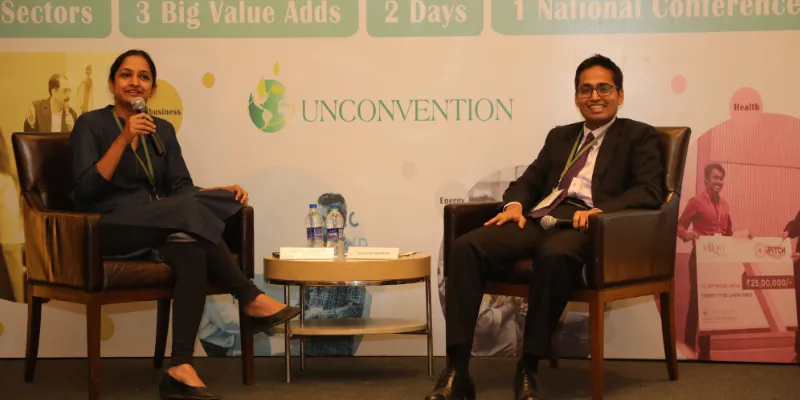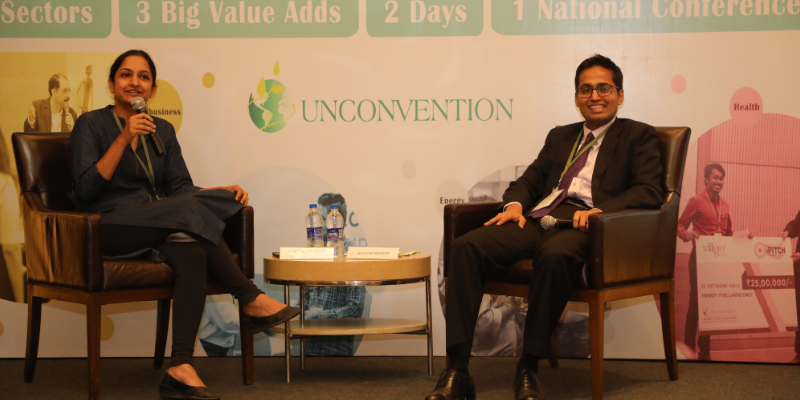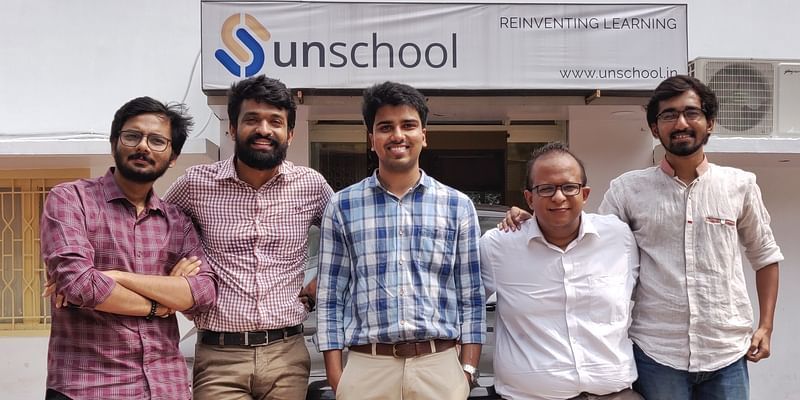What it takes to scale a social enterprise in India: experts give a rundown
A social enterprise, much like any other startup, has to have its processes aligned in order to achieve scale and make an impact.
With over a billion people facing diverse issues, India has become a hotbed for social entrepreneurship. And while social enterprises go for the bottom-up approach, the future of their business also depends on their ability to scale.
With an estimated two million social enterprises, India has enough socio-economic challenges that require attention, and investors are coming forward to help scale innovation in the social sector. However, according to a survey by Entrepreneurial India, 90 percent of Indian startups fail within the first five years. And the most common reason for failure is lack of innovation.
A majority of venture capitalists surveyed also believe that Indian startups lack new technologies or unique business models. And this extends to social enterprises too. So what should social entrepreneurs do to broaden their scale while still looking at creating impact? At Villgro’s Unconvention event held recently, Mukesh Sharma Co-founder and Managing Director at Menterra Ventures, and Sudha Srinivasan, CEO of N/Core, shared their insights in a panel called ‘Build to Scale with Process and Systems’.

Sudha pointed out the need for organisations that take a stab at solving problems differently.
“India does not need anymore NGOs as it already has around half a million such organisations where most are dysfunctional or shell companies, and not started for the right reasons. We believe that there are ideas that have the potential to be disruptors and that’s what inspired us to set up our incubator for nonprofits.”
Social enterprise incubator Villgro sets aside Rs 3 Cr corpus for social enterprises
The Bengaluru-based N/Core is investing in early-stage non-profits through a seed grant, mentorship, and support network. It has so far invested in 27 new social enterprises and pays attention to the organisation’s values when exploring organisations to invest in.
“In the startup phase you need to be clear of your values. An entrepreneur needs to understand how to go about solving a problem: is killing yourself over it worth it, or should you experiment and fail fast or try out several new things and see which one works,” Sudha added.
Mukesh exhorted the need for a strong company culture to steer the business forward. Chiefs may come and go, management and employees may change, but the organisation should be steadfast on its core culture and values.
Bengaluru-based Menterra Ventures primarily focuses on education, healthcare, skill development, and agriculture, and looks especially at the decision-making ability of the founders.
“The biggest impediment for a startup is to move from gut-based decision making to making decisions based on data. Most times, entrepreneurs don’t tend to have such discipline in their team initially, and when they scale big they fail to understand the target audience and the different geographies they now serve,” Mukesh added.
He also stressed on the importance of getting the unit economics right from the beginning and adjusting it along the way as the business grows. When you are building your budget, you need to involve people with different backgrounds in the process.
Sudha advised social enterprises to ensure that every service offered was productised and ready for scale. “Any service has to be productised throughout the world, or else you will need people from around the world to solve problems right from innovation,” she said. .”
A social enterprise can, therefore, achieve scale, but only by getting its key ingredients right: revenue model, team, flexibility, ability to collaborate and partner, cost-effective deployment of resources, clear understanding of the market, technology adoption and right attitude towards product/service iterations.
Also read: 100 speakers, 600 delegates, Rs 3.5 Cr in investment: meet the social entrepreneurs at Villgro Unconvention











